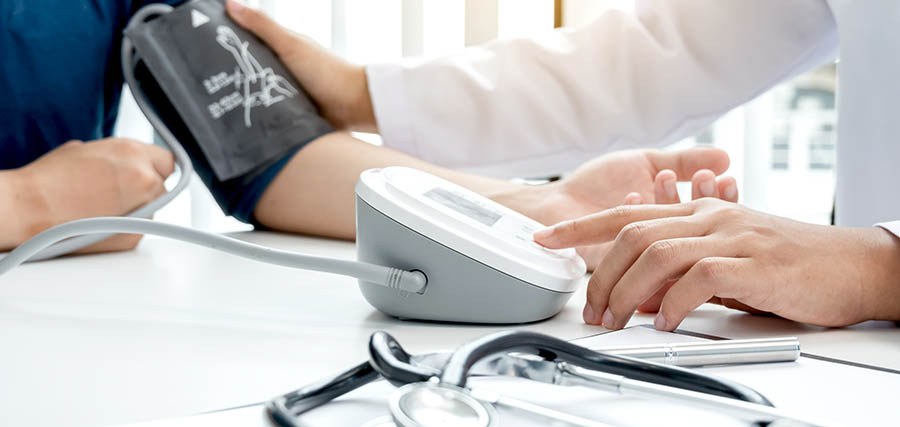


Health is wealth, a saying that stands the test of time. But to truly understand and appreciate our health, periodic check-ins are essential. A general medical check-up is like a periodic service for your car, ensuring all systems run smoothly and efficiently.
A general check-up, often called a routine medical examination, is an assessment of one's overall health. It involves various tests and examinations to evaluate the functioning of your body and identify any potential health risks or issues.
Initial Consultation: The check-up starts with a discussion about your medical history, lifestyle habits, and any concerns you might have.
Physical Examination: A physical examination follows, where your doctor assesses vital signs such as blood pressure, heart rate, and respiration. They'll also examine your skin, eyes, ears, nose, and throat, among other parts.
Diagnostic Tests: Depending on your age, gender, and medical history, you might undergo blood tests, urine tests, X-rays, or other diagnostic procedures. These tests help identify issues that aren't apparent during a physical examination.
Discussion & Recommendations: After completing all tests, your doctor will discuss the results with you. If any issues are detected, they'll recommend treatments or lifestyle changes.
The frequency of general check-ups depends mainly on your age, health history, and risk factors. However, as a general rule:
Regular check-ups are essential not just for detecting potential issues but also for establishing a baseline of your health. This helps doctors identify any significant changes during subsequent check-ups.
A full medical check-up, commonly known as a complete physical examination, is an in-depth assessment of an individual's health. It delves deeper than a general check-up, ensuring that every aspect of one's health, from head to toe, is scrutinised. A full medical check-up includes a general check-up plus add-ons for a fee.
The full medical examination process is similar to a general medical check-up but includes the use of electrocardiograms (ECGs). ECGs are an essential part of the full medical examination, a test that measures the heart's electrical activity. It helps identify if the heart is working correctly and detect irregular heart rhythms, potential blockages, and other cardiovascular issues. (Please note that our Medi-Crescent practice is not currently able to perform ECGs.)
While the general check-up serves as a routine health assessment, a full medical examination delves much deeper. It is particularly beneficial for:
Generally, the recommended frequency is:
Your health is a precious asset requiring care, attention, and periodic evaluations. Medical check-ups provide a snapshot of your current health status, paving the way for proactive measures and ensuring a longer, healthier life.
Prioritise your well-being and schedule your medical check-up today – because the key to good health is regular maintenance and timely intervention.